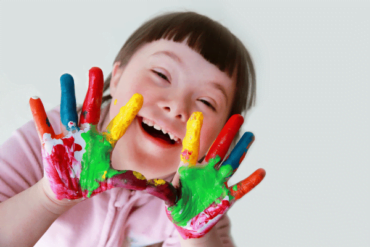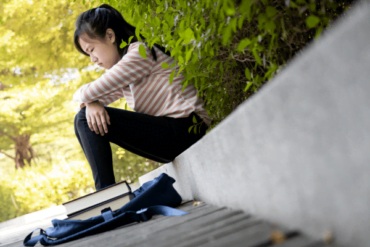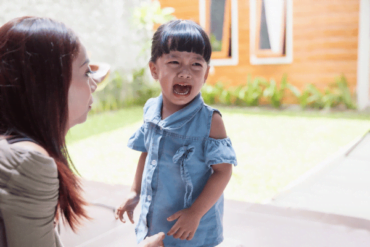OTHER CHALLENGES
ADDITIONAL INFORMATION
We all remember our childhoods as vibrant and exciting experiences. However, there were definitely times where we had to navigate complex emotional conflicts, social interactions and other challenges.
While that’s a normal part of growing up, some of these can be caused by certain disorders. It’s important to identify and recognise these disorders early. Doing so allows us to provide our children with the additional support that they need to cope with these difficulties.
Here, ONE Intervention briefly describes and summarises the symptoms of these other challenges that we can look out for, to help support your child together. We also cater to children with Neurodevelopmental Disorders and Developmental Delays, if you’re interested in further reading!
Other Challenges

Down Syndrome
We delve more into it in this article, but essentially, Down Syndrome is a genetic condition that affects learning and development. It occurs when the individual has an extra copy of chromosome 21, which can lead to developmental delays and other challenges. These can include:
- Physical development: Children with Down syndrome may experience lower muscle tone, impacting their ability to reach developmental milestones like crawling, walking, and coordination.
- Speech and language development: They may experience delays in learning to speak and communicate effectively.
- Cognitive development: Learning and problem-solving skills may develop at a slower pace.
- Social development: Social interaction and building relationships with others may require additional support.

Anxiety Disorders
According to this article by HealthXchange, about 10% of the population in Singapore suffer from depression or anxiety.
It’s perfectly normal for children to be afraid or worried for, let’s say, an important test. However, an anxiety disorder is persistent and excessive.
This can significantly disrupt their daily lives, cause emotional distress, and other challenges. In extreme cases, an anxiety disorder could hinder their ability to function at home, in school, and/or in social settings.
Some of the symptoms of an anxiety disorder can include:
- Excessive worry or fear about everyday situations
- Difficulty concentrating or staying focused
- Irritability and frustration
- Trouble sleeping or frequent nightmares
- Physical symptoms like stomachaches, headaches, or dizziness
- Avoiding certain activities or situations due to fear

Depression
Depression is a complex mental health disorder that affects children as well as adults. Everyone experiences occasional sadness or periods of low moods. However, people with depression can experience these to an extreme intensity, to the point of:
- Persistent sadness or low mood for an extended period
- Loss of interest in activities they once enjoyed
- Changes in sleep patterns, such as sleeping too much or too little
- Changes in appetite, such as eating significantly more or less than usual
- Difficulty concentrating or making decisions
- Feelings of worthlessness or guilt
- Withdrawal from social activities or isolation
- Thoughts of death or suicide

Behavioural Problems
Every child develops at their own unique pace. Occasional outbursts and tantrums are absolutely expected during the early years. However, persistent and disruptive behaviours can cause stress and other challenges – for both the parents and child.
These should be looked into, because they could be underlying signs of other challenges. Some reasons for behavioural problems could be:
- Difficulty communicating their wants and feelings effectively
- Difficulty managing emotions like frustration, anger, or anxiety
- Sensory sensitivities overwhelming the child
It’s important to remember that these are by no means an exhaustive list of symptoms. Each disorder manifests uniquely in each child. So, just because your kid may display some symptoms, it doesn’t necessarily mean that they have a disorder.
However, if you’d like a second opinion, our professional child psychologist has over a decade of experience, and is more than willing to share her expert diagnosis with you. Contact us today!
